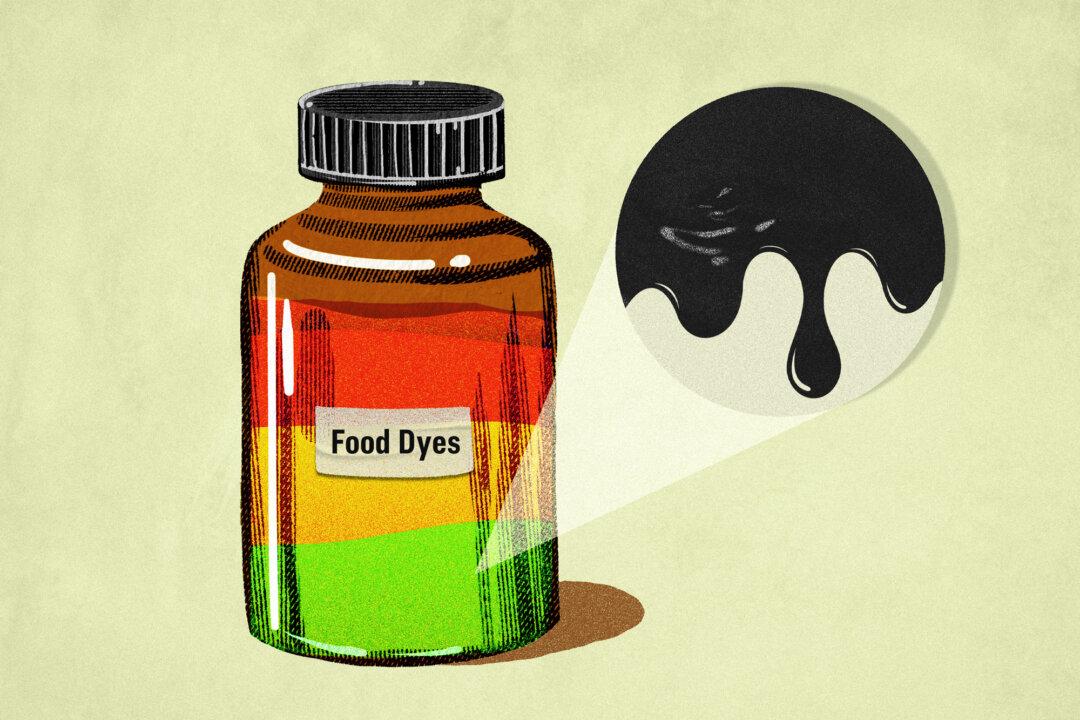As the COVID-19 pandemic slowly recedes into the background, the severity of symptoms and outcomes lighten, and immunity against the virus strengthens—the red flag of emergency continues to fly.
Many health experts are concerned about how the seemingly endless prolonging of living in a state of fear will affect the well-being of the population.
Government Overreach
Attorney Bobbie Anne Cox said there have been numerous instances of government overreach “in the name of an [COVID-19] emergency.”Federal administrative agencies implemented regulations that functioned as laws, despite the lack of authority to do so.
Rachel Rodriguez, an attorney specializing in disputing vaccine mandates, said that Congress failed to prevent the federal executive government’s abuse of power.
The U.S. Supreme Court ruled against the vaccine mandate implemented by OSHA, citing a lack of statutory authority, but accepted mandates for CMS, since their salaries, funded by Medicare, are from the federal government.
Cox explained that she considers both mandates to be unconstitutional since the Biden administration, OSHA, and CMS are all part of the executive branch of the federal government.
The executive branches of the government cannot make laws, yet vaccine mandates were somehow maneuvered to function as such.
Yet, many states blindly followed recommendations by federal public health agencies in lockstep during the pandemic, giving the agencies de facto power.
The order stated that landlords could not evict tenants for not paying rent, to “facilitate self-isolation and self-quarantine by people who become ill or who are at risk of transmitting COVID-19 by keeping people out of congregate settings and in their own homes.”
“They [the CDC] were doing it in the name of COVID. But they didn’t have the power,” Cox said.
CDC is a component of the Department of Health and Human Services (HHS), and HHS is within the executive branch. So the agency cannot make regulations that work as laws.
Meanwhile, as lawsuits are battled in court, the rules and regulations continue to be implemented.
Civil rights lawyer, Aaron Siri, president and founder of the largest law firm against vaccine mandates, wrote on his Substack that since the pandemic, it is an endless battle between the repressive arm of government and individuals.
“Once it [the needle] swings too far, we will not easily regain our rights. Power seized is rarely returned.”
‘Crying Wolf’
As the severity of COVID-19 recedes, public health is focused on other threats of seasonal viruses like respiratory syncytial virus (RSV) and influenza, warning of “tripledemics” befalling the masses this winter.Governors from Oregon and Colorado have already declared states of emergency for RSV.
Experts are concerned that the messaging on these viruses and the public health responses to them are exaggerating their severity by “crying wolf,” and it is only a matter of time before people start tuning out, said Prof. Linda Wastila, director of policy and research of the Peter Lamy Center for Drug Therapy and Aging at the University of Maryland.
“[Public health agencies] are getting increasingly discredited,” Bell said.
People are being more selective about trusting messages from health agencies, Bell said, pointing to the low uptake in boosters and vaccination rates in children despite promotion from health agencies and pharmaceutical companies.
He warned that with the loss of the public’s trust, there is a risk that the public may not follow health recommendations in the event of a true emergency if it ever occurs.
Nevertheless, he said that for now, with the focus being on COVID-19, RSV, and influenza, it would be best if people made their own informed choices rather than relying too much on health agencies.
“The world always changes, we always have viruses,” he said, “either life is an emergency from the time we’re born, or this [viruses and infections] is pretty normal, you have to get on with enjoying life.”

Reduced Drug Regulatory Standards
Under the public health emergency declaration, the Secretary of the Department of Health and Human Services can give authority to the U.S. Food and Drug Administration (FDA) to authorize emergency use authorizations (EUA) for drugs, vaccines, personal protective equipment, diagnostic tests, and other medical devices. EUA products are mostly investigational medical products that are not FDA-approved, and usually lack long-term data on safety and efficacy.Health experts are concerned that the lines between EUAs, experimental drugs, and FDA-licensed products have been blurred, which puts consumers at the potential for safety risks due to lack of long-term data on EUA products.
The many EUA products authorized have made it difficult for health care workers to stay informed on drug approval statuses, as well as potential health risks.
Wastila, whose expertise is in pharmacotherapy and drug policy, told The Epoch Times that her previous local pharmacist did not know that the Pfizer vaccines she was administering were the EUA versions rather than the FDA-approved Comirnaty.
Under the Public Readiness and Emergency Preparedness Act, providers and manufacturers of COVID-19 countermeasure products, have liable immunity. This means that as long as the emergency declaration is in place, they cannot be sued for the harm experienced by individuals after administration of such products.

States Burdened by Medicaid Costs
The federal emergency declaration has also created a financial burden for states.Early in the pandemic, Congress passed several bills to respond to the public health emergency including the Families First Coronavirus Response Act (FFCRA) and the Coronavirus Aid, Relief, and Economic Security Act (CARES Act).
The state’s financial situation naturally affects taxpayers funding state and federal budgets.
The health emergency is “negatively affecting states, primarily by artificially growing our population covered under Medicaid … regardless of whether individuals continue to be eligible under the program,” they wrote.
“Making the situation worse, we know that a considerable number of individuals have returned to employer-sponsored coverage or are receiving coverage through the individual market, and yet states still must account [sic] and pay for their Medicaid enrollment in our non-federal share. This is costing states hundreds of millions of dollars.”





